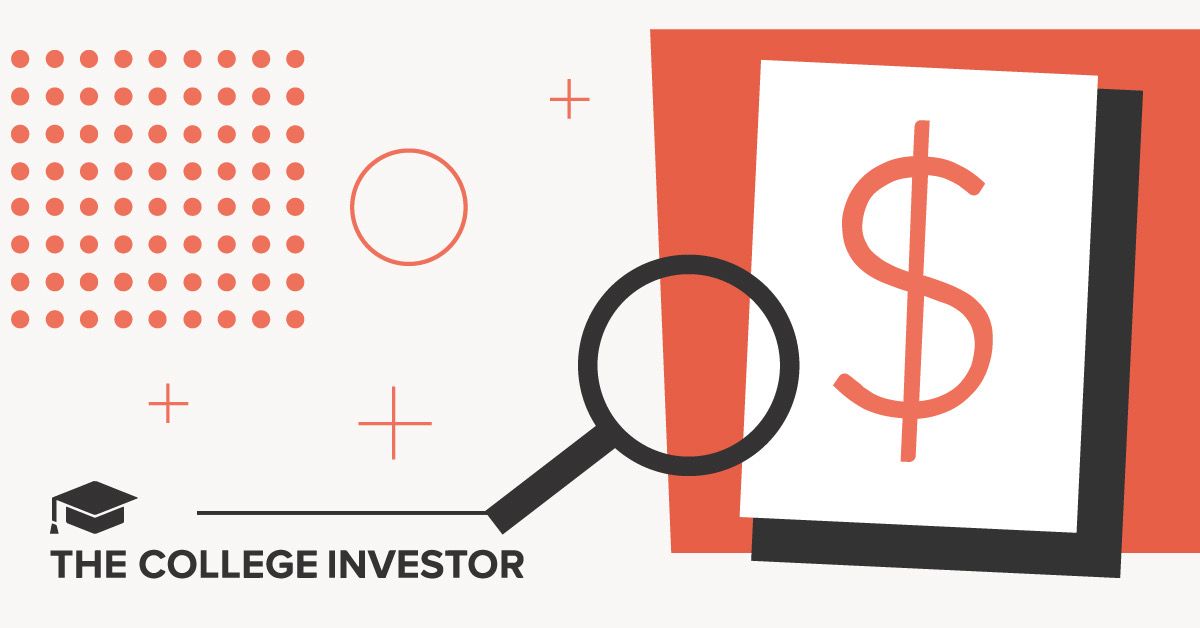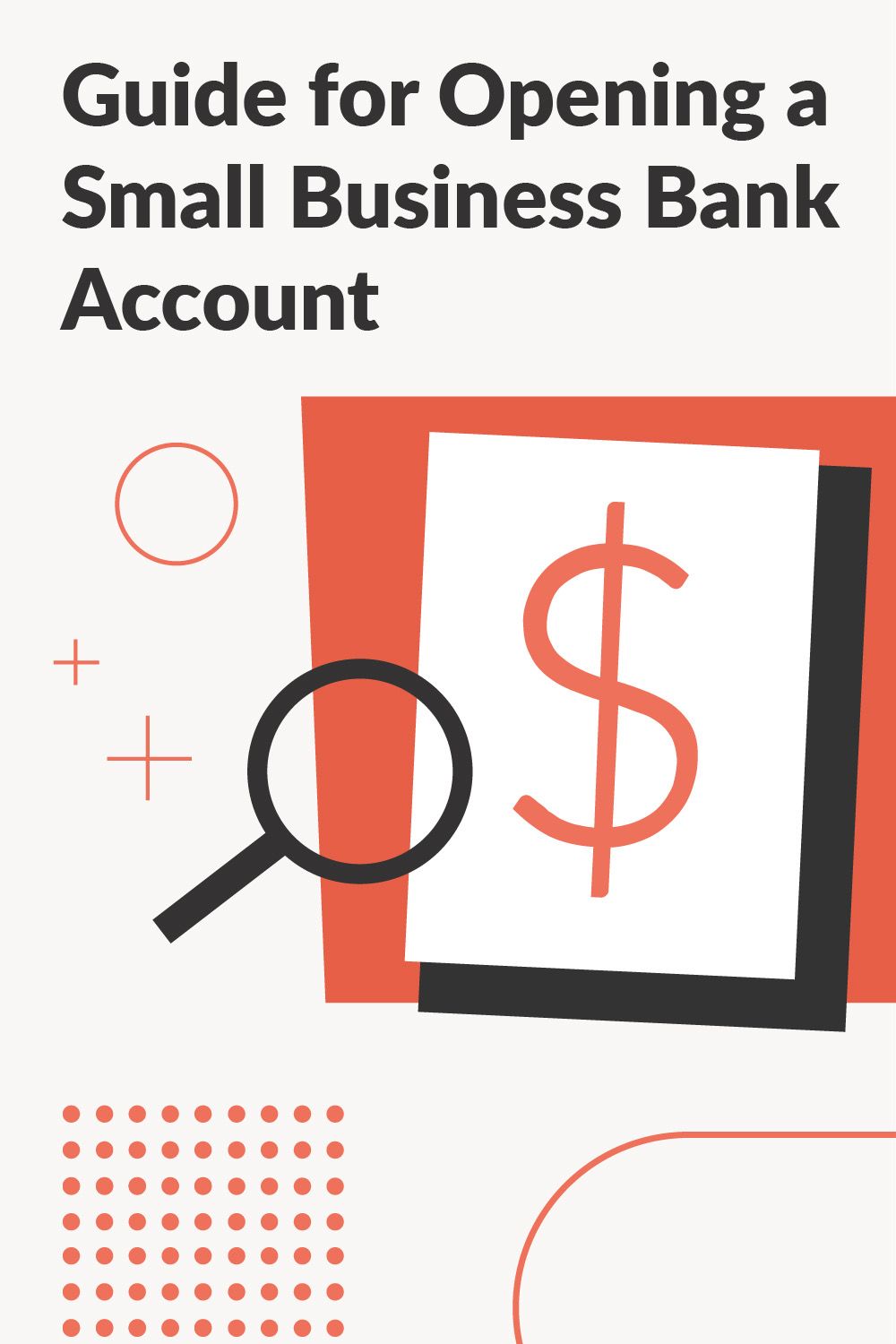
Opening a small business bank account is critical for new business owners who want to manage their business finances more effectively.
Though the process can seem intimidating, with a little research and preparation, opening an account is easy.
In this article, I explain why it's important for small business owners to separate their personal and business bank accounts, and what information you need to provide when opening a small business bank account.
I'll also let you know how the right credit products can help you grow your business more quickly.
The Basics of Opening a Small Business Bank Account
Launching a new business is exciting, but there are many things to consider, including setting up a small business bank account. It's not just about keeping your finances in order - it's about looking professional to the IRS and your customers.
What You Need To Open A Small Business Bank Account
- Name: Your full legal name as per government-issued ID.
- Contact Information: Physical address (not P.O. Box), email, and cell phone number.
- Social Security Number or Employer Identification Number (EIN):You'll need one depending on your business structure.
Banks may ask for additional documentation, so check specific requirements to avoid unnecessary delays. A A little research beforehand can pay off as not all banks have the same requirements.
Documentation Required For Setting Up A Business Bank Account
If you're ready to open a business bank account, you'll need certain documents. The exact documents will vary depending on your type of business.
Sole Proprietorship
If you work as a sole proprietor (such as being an independent contractor), from a legal standpoint, YOU are the business. For that reason, you should just need your personal ID and any applicable local licenses to open a business bank account.
Partnerships
Business partnerships will require a partnership agreement and the same documents as sole proprietors for each partner (ID, licensing).
LLC or Corporation
If you own an LLC or corporation, your business is considered a separate entity, apart from the business owner. In this case, you'll need to provide articles of incorporation and an EIN for your business.
Understanding The Employer Identification Number (EIN)
An EIN is like a social security number for your business. It's how the IRS keeps track of your business taxes. Even if it's not required, having an EIN can be beneficial when opening a business checking account.
Also, don't forget your 'doing business as' certificates if you're using a different name for your business.
Choosing the Right Institution for Your Small Business Bank Account
When selecting a bank for your small business bank account, it's important to consider all of the needs of your business, not just the basic banking services.
Key Considerations When Choosing A Bank
There are important questions you need to ask when choosing a business bank. For example, do they offer business-specific products and services? How are their customer service ratings? How easy is it to access online or mobile banking?
- Customer Service: Look for banks with high customer satisfaction scores and responsive support teams.
- Digital Access: To maximize convenience, online and mobile banking options are a must.
- Specialized Services: Banks that offer tailored solutions for businesses can make banking much easier.
Bank Incentives and Bonuses
Banks often provide incentives to attract new business customers, like no-fee bank accounts and credit card rewards. Compare the various bank bonuses, along with features such as fee-free ATMs, to narrow down the bank that best suits your needs.
Understanding Transaction Limits And Fees Associated With Business Accounts
Always be aware of the transaction limits and fees before you open a business bank account. Some banks may impose restrictions and charge extra fees. Examine the details before settling on a specific account.
Small-Business Banking Accounts: Common Fees
Bank account fees can include include monthly maintenance charges, ATM withdrawal costs, minimum balance requirements, and overdraft penalties. Don't get caught off guard - understand these expenses and factor them into your budgeting process.
Understanding How Transaction Limits Work
Banks often set limits on the number of transactions you can make each month without extra charges. This includes debit card purchases and checks written from your account. If you expect to use a large number of transactions, choose an account with higher transaction limits or unlimited transactions.
If a bank requires you to maintain a minimum monthly balance to avoid service charges, make sure you can satisfy the requirement and save on fees.
How Credit Products Can Help Your Business
Proper use of credit can make it much easier to manage your business finances. Many banks offer credit products like business credit cards, overdraft protection, and lines of credit. However, approval will depend on your creditworthiness.
Borrowing Strategies: Grow Faster with Debt
If you want your business to grow more quickly, you may want to consider debt financing. Research your options and understand your bank's lending criteria. Evaluate products like overdraft protection and rewards programs to decide if they make sense for your business.
Obtaining Business Credit Approval
When you apply for a line of credit or business credit card, your bank will want to review your personal and business finances. Lenders will analyze your income, debts, payment history, and overall credit history. Even sole proprietors with strong personal finance records can qualify for business credit products. For a smoother credit approval process, exercise due diligence in advance to save time later when applying.
The Bottom Line
Opening a small business bank account is a must for entrepreneurs and small business owners. When it comes to setting up your account, make sure you have all the necessary documents ready. Before settling on a bank, compare the various options and research key features such as transaction limits and fees to make sure you're getting the right account.
Lastly, if you plan to scale your business in the future, make sure the bank you're dealing with has the right business credit products to help you grow.
FAQs
What do I need to open a business bank account?
You'll need your EIN, legal documents such as articles of incorporation, and your personal identification. Understand that different types of businesses may require additional documentation.
How does opening a business bank account work?
Apart from providing the necessary information, you'll want to choose a bank that best suits your needs, while considering factors like transaction limits and fees.
Can I open a business bank account without an EIN?
No. An Employer Identification Number (EIN) is generally required to open a small business banking account.

Robert Farrington is America’s Millennial Money Expert® and America’s Student Loan Debt Expert™, and the founder of The College Investor, a personal finance site dedicated to helping millennials escape student loan debt to start investing and building wealth for the future. You can learn more about him on the About Page or on his personal site RobertFarrington.com.
He regularly writes about investing, student loan debt, and general personal finance topics geared toward anyone wanting to earn more, get out of debt, and start building wealth for the future.
He has been quoted in major publications, including the New York Times, Wall Street Journal, Washington Post, ABC, NBC, Today, and more. He is also a regular contributor to Forbes.
Editor: Colin Graves Reviewed by: Chris Muller
